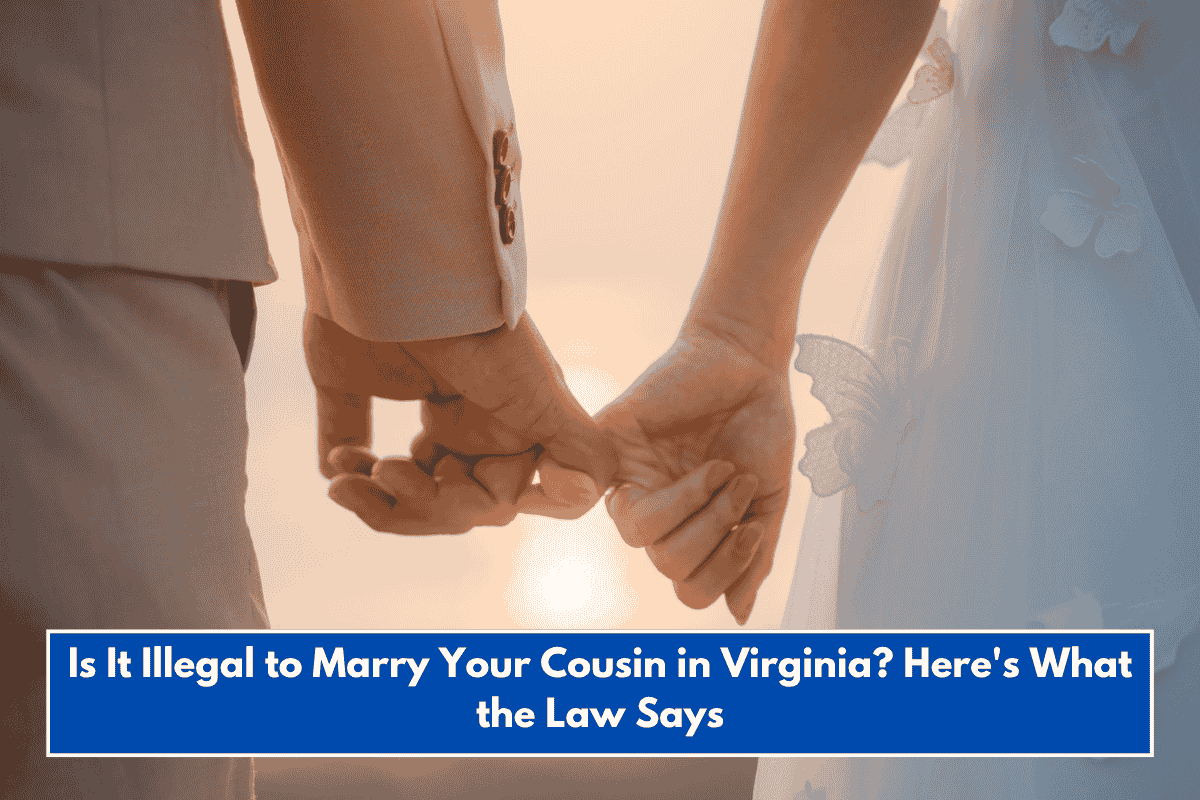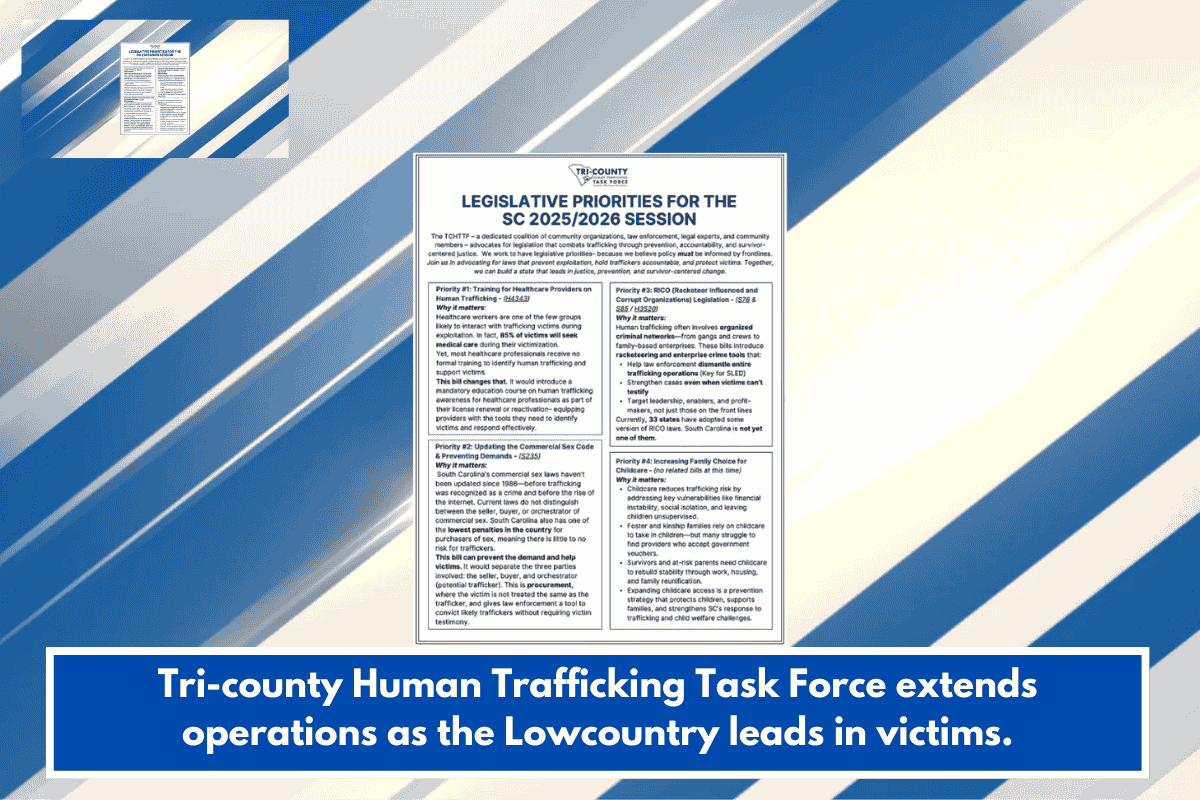The topic of cousin marriage often sparks questions about legality, especially when it comes to the rules in different states. If you’re in Virginia and wondering whether you can legally marry your cousin, you’re not alone. This guide will help clarify Virginia’s stance on cousin marriages, explaining the law and potential restrictions you may face.
Virginia’s Law on Cousin Marriage
In Virginia, it is legal to marry your cousin. There are no state laws specifically prohibiting marriage between first cousins. First cousins (children of siblings) can legally marry each other in Virginia without facing legal consequences. This is in contrast to some other states, where cousin marriages are strictly regulated or outright banned.
What About Second or Distant Cousins?
The laws in Virginia are also lenient regarding second cousins and more distant relatives. Second cousins (the children of your parents’ first cousins) are also permitted to marry without legal restrictions. Similarly, more distant cousins, such as third cousins or beyond, can legally marry in Virginia.
Why Does It Matter?
Some states, such as New York and California, have strict rules when it comes to cousin marriages, often citing concerns about genetic risks. Virginia does not impose restrictions based on the genetic risks of cousin marriages. While it is true that children born to closely related individuals, such as first cousins, can face a slightly higher risk of genetic disorders, the law in Virginia does not consider this enough reason to restrict marriages between cousins.
Are There Any Restrictions?
Although cousin marriages are legal in Virginia, the law does impose restrictions on closer familial relationships. You cannot marry your immediate family members, such as:
- Siblings (brothers and sisters)
- Parents (father or mother)
- Grandparents (either maternal or paternal)
These relationships are too close to be legally recognized for marriage under Virginia’s laws, and such marriages are strictly prohibited.
Marrying Your Cousin in Virginia: What You Need to Know
- First Cousins: Legal to marry without restrictions in Virginia.
- Second Cousins and Distant Relatives: Legal to marry with no restrictions.
- Genetic Considerations: Although genetic risks exist, Virginia does not impose restrictions based on them.
- Close Relatives: You cannot marry your siblings, parents, or grandparents.
In Virginia, it is legal to marry your cousin, whether they are a first cousin, second cousin, or more distant relative. The state does not impose any legal restrictions on cousin marriages, unlike some other states. However, it’s important to remember that Virginia prohibits marriages between immediate family members like siblings and parents. If you’re considering marrying a cousin, it’s helpful to be informed about both the legalities and potential social considerations.
SOURCES
[1] https://en.wikipedia.org/wiki/Cousin_marriage_law_in_the_United_States
[2] https://law.lis.virginia.gov/vacode/title20/chapter3/section20-38.1/
[3] https://code.wvlegislature.gov/48-2-302/
[4] https://vsb.org/common/Uploaded%20files/docs/pub-fa-marriage.pdf
[5] https://www.findlaw.com/state/virginia-law/virginia-annulment-and-prohibited-marriage-laws.html














